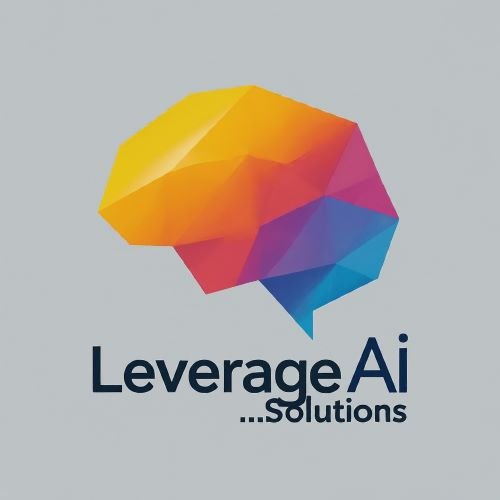Dear AI help me The brain behind what is changing how we live play and work Opinion
Fond du Lac Reporter
The Transformative Power of Artificial Intelligence: Shaping Our Lives, Work, and Leisure
In recent years, the rapid advancement of artificial intelligence (AI) has fundamentally altered the way we live, work, and engage in leisure activities. As we delve into the implications of this technology, it becomes evident that AI is not just a tool; it is a catalyst for change that is redefining societal norms and personal experiences.
Revolutionizing Daily Life
AI is seamlessly integrating into our daily routines, enhancing convenience and efficiency. From virtual assistants like Siri and Alexa that manage our schedules to smart home devices that control lighting and security, AI technologies are becoming ubiquitous. This integration allows individuals to focus on more meaningful tasks while delegating mundane chores to machines.
Moreover, AI’s role in healthcare is particularly noteworthy. With machine learning algorithms analyzing vast amounts of medical data, healthcare providers can now offer personalized treatment plans, predict patient outcomes, and even diagnose diseases at earlier stages. This not only improves patient care but also optimizes resource allocation within healthcare systems.
Transforming Work Environments
The workplace is experiencing a profound transformation due to AI’s capabilities. Automation is streamlining processes, reducing the burden of repetitive tasks, and enabling employees to concentrate on creative and strategic endeavors. For instance, AI-driven analytics tools provide businesses with insights that inform decision-making, enhance productivity, and foster innovation.
However, this shift also raises concerns about job displacement. While AI creates new roles and opportunities, it necessitates a workforce that is adaptable and skilled in technology. Therefore, reskilling and upskilling initiatives are crucial for ensuring that employees can thrive in an AI-enhanced job market.
Redefining Leisure and Entertainment
The entertainment industry is another area where AI is making significant strides. Streaming platforms utilize AI algorithms to analyze viewer preferences, recommending content that aligns with individual tastes. This personalization enhances user experience and keeps audiences engaged.
Furthermore, AI is being employed in the creation of art, music, and literature. Artists and musicians are collaborating with AI to push creative boundaries, resulting in innovative works that challenge traditional forms of expression. This convergence of technology and creativity is opening new avenues for artistic exploration.
Ethical Considerations and Future Directions
As we embrace the benefits of AI, it is essential to address the ethical implications that accompany its use. Issues such as data privacy, algorithmic bias, and the potential for surveillance must be carefully managed. Establishing robust regulations and ethical frameworks is vital in ensuring that AI serves humanity’s best interests.
Looking ahead, the future of AI holds immense potential. Emerging technologies such as quantum computing and advanced neural networks promise to further enhance AI’s capabilities. As we navigate this evolving landscape, fostering collaboration between technologists, policymakers, and society at large will be crucial in shaping an inclusive and equitable future.
Conclusion
Artificial intelligence is a powerful force that is reshaping how we live, work, and play. Embracing this change while addressing its challenges will be key to harnessing AI’s potential for the greater good. By prioritizing ethical considerations and investing in education and training, we can ensure that AI enhances our lives while creating new opportunities for future generations.
